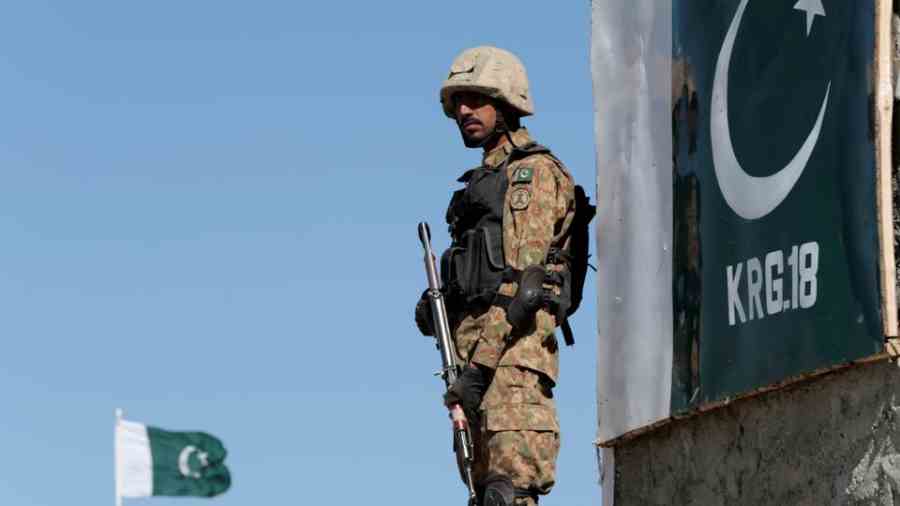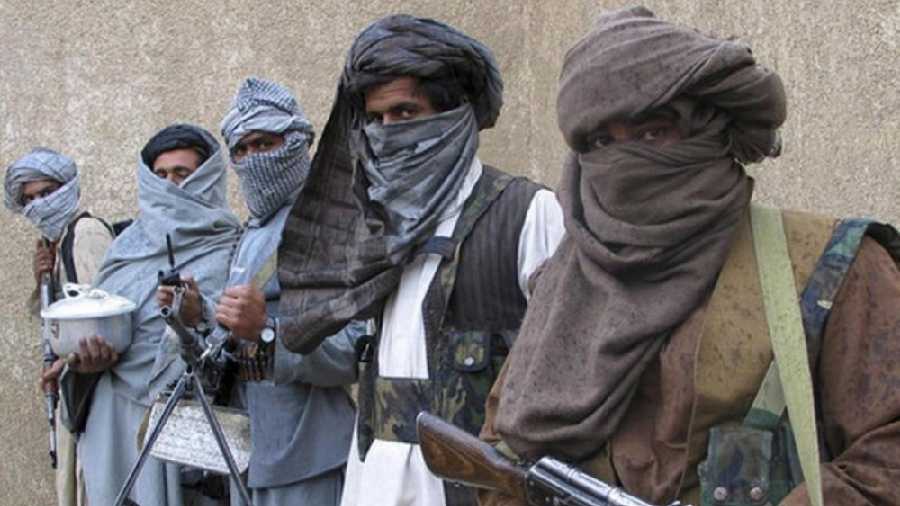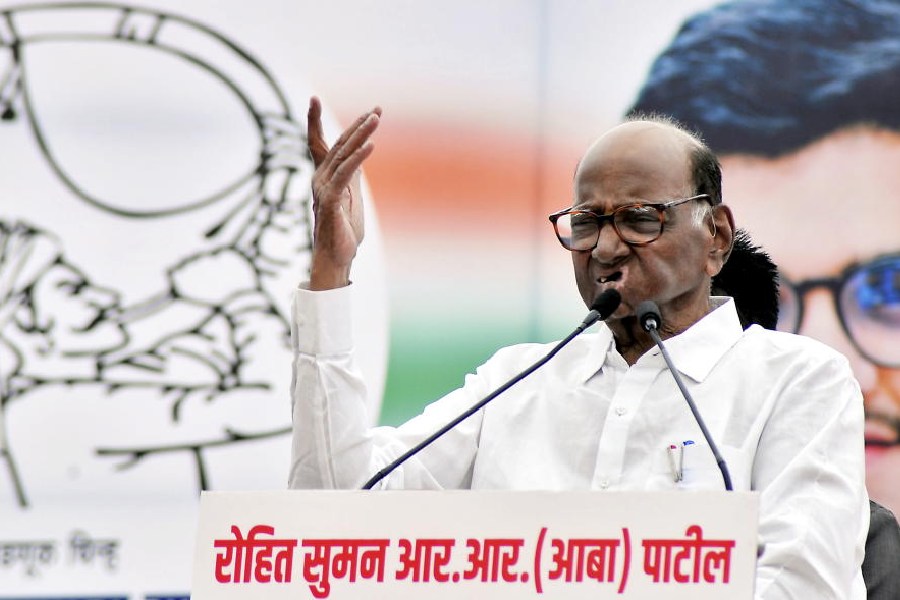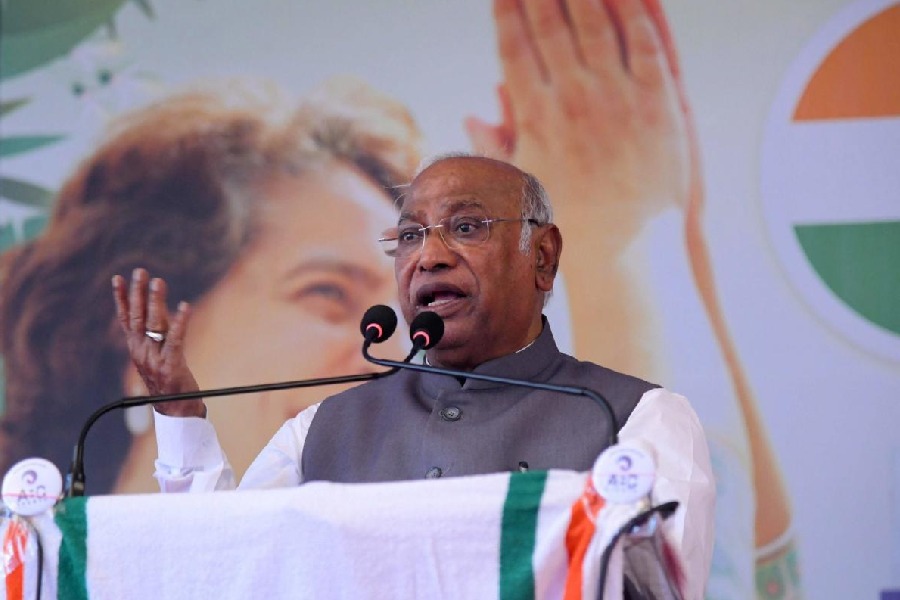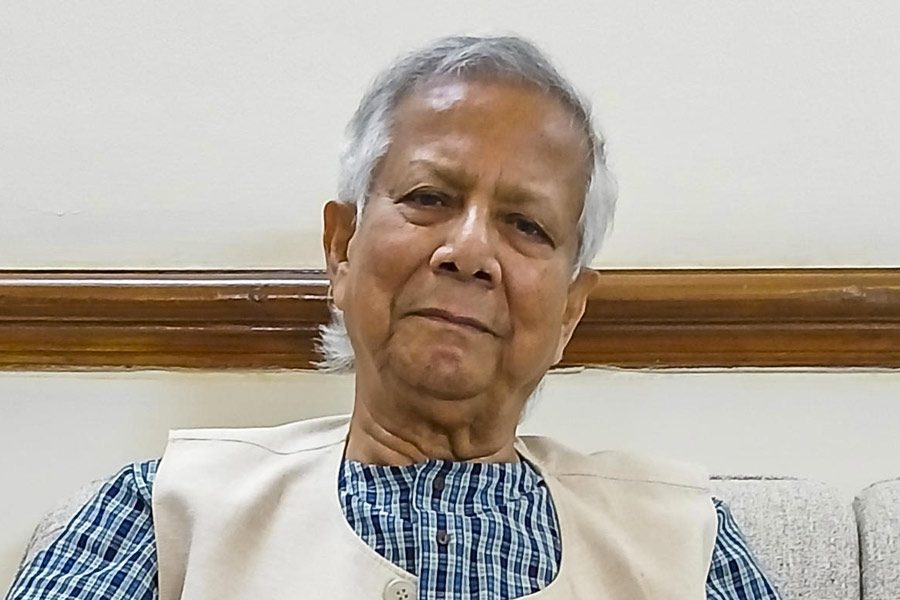Leaders of the banned Tehreek-i-Taliban Pakistan have assured a Pakistani delegation that the indefinite ceasefire will remain in force till the two sides reach an agreement to end the nearly two decades of militancy in the tribal region, bordering Afghanistan.
The Pakistan government and the Tehreek-i-Taliban Pakistan (TTP) agreed to extend the ceasefire, which was to come to an end on the night of May 30, indefinitely on May 31.
The TTP assured the Ulema-e-Karam delegation from Pakistan led by noted cleric Mufti Taqi Usmani that the ceasefire will go on amid ongoing peace talks between the two sides, sources said.
The visiting Pakistani delegation held detailed and meaningful talks with the TTP leadership in Kabul a few days ago under the patronage of the Taliban-led government in Afghanistan, they said.
There was a slight breakthrough in matters involving TTP's concern over the merger of tribal areas into Pakistan's settled parts, dissolution of the TTP and its reorganisation and disarming of the Taliban, they said, adding that the Pakistan government has constituted different committees to engage the Taliban leaders in peace talks.
The TTP, also known as the Pakistan Taliban, was set up as an umbrella group of several militant outfits in 2007. Its main aim is to impose its strict brand of Islam across Pakistan.
The group, which is believed to be close to al-Qaeda, has been blamed for several deadly attacks across Pakistan, including an attack on army headquarters in 2009, assaults on military bases and the 2008 bombing of the Marriott Hotel in Islamabad.
Pakistan began talks with the TTP in October last year at the request of the Afghan Taliban to seek a political solution to this festering issue.
Pakistani authorities are asking for the dissolution of the terrorist organisation, laying of arms, and respect for the Constitution, whereas the TTP is seeking withdrawal of security forces from the erstwhile tribal areas, annulment of the 2018 merger of tribal agencies with Khyber Pakhtunkhwa, the release of its fighters, and compensation for the damage it suffered.
Pakistan shares a long and porous border with Afghanistan, which runs through mountainous terrain and is largely unpatrolled. The Durand Line was drawn by the British rulers in 1896 and is disputed by Afghanistan, which also resists Pakistani attempts to erect any border fence.
Pakistan has been fencing the 2,600-km border with Afghanistan since 2017 to end terrorist infiltration and smuggling, despite intense opposition from the neighbouring country.
When the Taliban returned to power last year, Pakistan hoped that the new dispensation would deal with these terrorist groups. Despite promises, the Taliban have not yet taken decisive action to fulfil their commitments, which has frustrated the Pakistan government.

